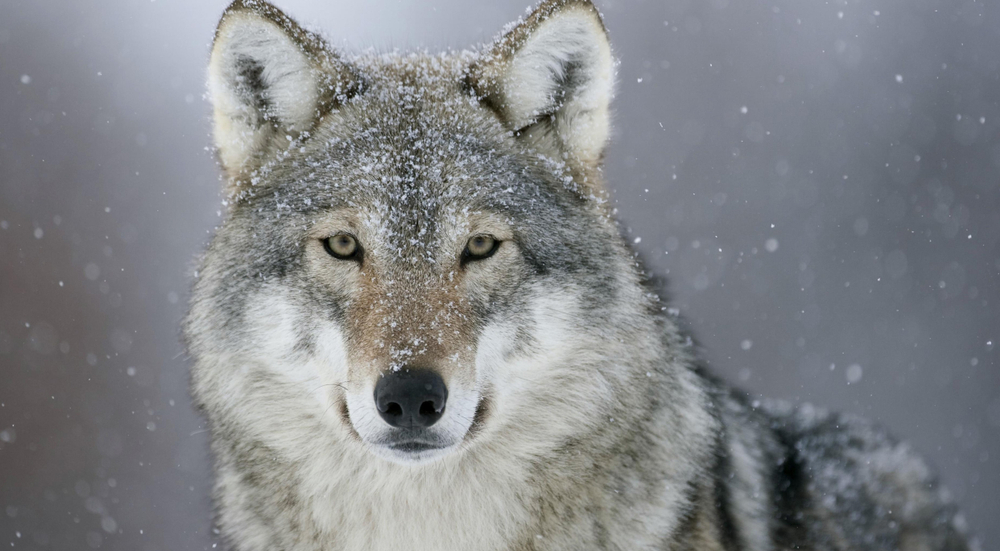Trusted resources by veterinarians in the U.S.

Looking for objective advice, expert info, and helpful tools to answer your pet questions? We got you covered!
Special Reports
As seen on:
and more...

As seen on Time, The Boston Globe, The New York Post, USA Today, and more, our special reports raise awareness to animal rights issues, blow the whistle on harmful practices in the pet industry, and educate pet parents on ways to support their companion animal's health and happiness.

Pet’s Health
Discover the most up-to-date, expert information and resources you need to make better, more informed decisions that support your pet's health.

Latest Articles
Meet Our Review Board Experts

We uphold the highest editorial standards when creating the authoritative content pet parents rely on and trust. Every piece of clinical content on Veterinarians.org is medically reviewed by our certified Veterinary Advisory Board, which consists of licensed veterinarians and medically certified specialists.
What we believe in
Here at Veterinarians.org, we believe pets are family. That’s why our mission is to provide pet parents just like you with the most up-to-date expert information and resources you need to make better, more informed decisions that support the health and happiness of your companion animals.
Toward that end, our core values stand as the foundation for everything we do.
Knowledge is power, and we value communicating our collective knowledge in a way that’s informative, understandable, and accurate. Every piece of clinical content on veterinarians.org is medically reviewed by our certified Veterinary Advisory Board, which consists of licensed veterinarians and medically certified specialists.
































